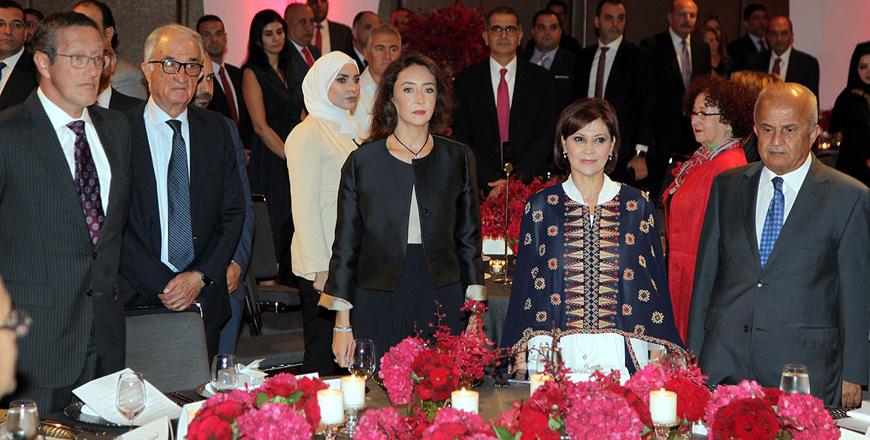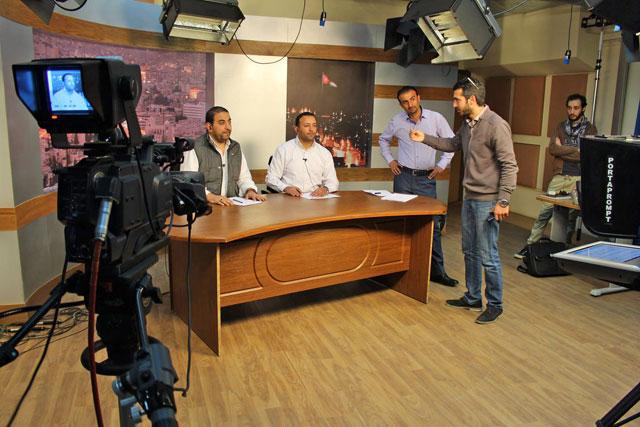You are here
JMI study reveals state of information literacy in Jordan
By Rayya Al Muheisen - Aug 18,2023 - Last updated at Aug 18,2023
AMMAN — The Jordan Media Institute (JMI) on Thursday announced the findings of a study spanning three years titled “The State of Media and Information Literacy in Jordan in the Light of the National Plan for Media and Information Education for the Years 2020-2023.”
The study, conducted by the Jordanian Media Institute in partnership with UNESCO, employed a descriptive and analytical framework to two time periods: The broader scope from 2013 to 2023, where the study traced public awareness and media education across the past decade, and the specific scope from the years 2020 to 2023, which saw the implementation of the national plan for media education.
The study aimed to delve into the state of media and information literacy in Jordan, providing a precise diagnosis of its current status and identifying its current features and the challenges faced in implementing the national plan over the past three years.
Former minister of culture Bassem Tweissi announced the findings of the study. He pointed out that there are 15 civil institutions in Jordan with programmes in media and information education, and underscored the need for further development in this field.
Tweissi said the study found that 50 per cent of teachers had received training in media education skills, while 90 per cent of university professors had reached the targeted training goals. However, only 8 per cent of universities incorporated media and information literacy into their curricula. Approximately 64 per cent of targeted youth had successfully been trained, Tweissi said.
He highlighted that the integration of media literacy education into Jordanian curricula was also impressive, reaching a rate of 100 per cent as of mid-2023.
The study also revealed that a total of 2,566 youth, 1,545 teachers, 136 university professors, 199 journalists and 823 individuals from diverse backgrounds underwent media education training. Furthermore, 247 individuals received training to become trainers, and a total of 273 training sessions were conducted.
“A total of 106 community awareness initiatives were launched, engaging a total of 9,756 participants, and interactive competitions involving 39,000 individuals,” Tweissi noted.
The research identified 14 educational guides and curricula, along with 35 online interactive lessons, 54 video clips published online, and two dedicated websites.
The study concluded that Jordan has transitioned to the fourth level of media and information literacy as designated by UNESCO.
“The study underlined the need for coordination among the various entities executing educational initiatives, pointing to the necessity of specialised resources in media and information education,” Tweissi added.
The study’s recommendations encompass the preparation of a second national plan for media and information literacy for the years 2024-2028, the development of subsector policies, and a comprehensive survey to gauge the extent of media literacy in Jordanian society as well as the needs for capacity building and training.
Related Articles
AMMAN — HRH Princess Rym Ali has said that the Jordan Media Institute (JMI) trains its students to the highest possible standards and human
AMMAN — The Jordan Media Institute (JMI), in partnership with UNESCO, has launched a project to contribute to the capacity building of natio
AMMAN — Every day, the Jordan Media Institute (JMI) organises brainstorming sessions for its students to discuss what is going on locally, r
















